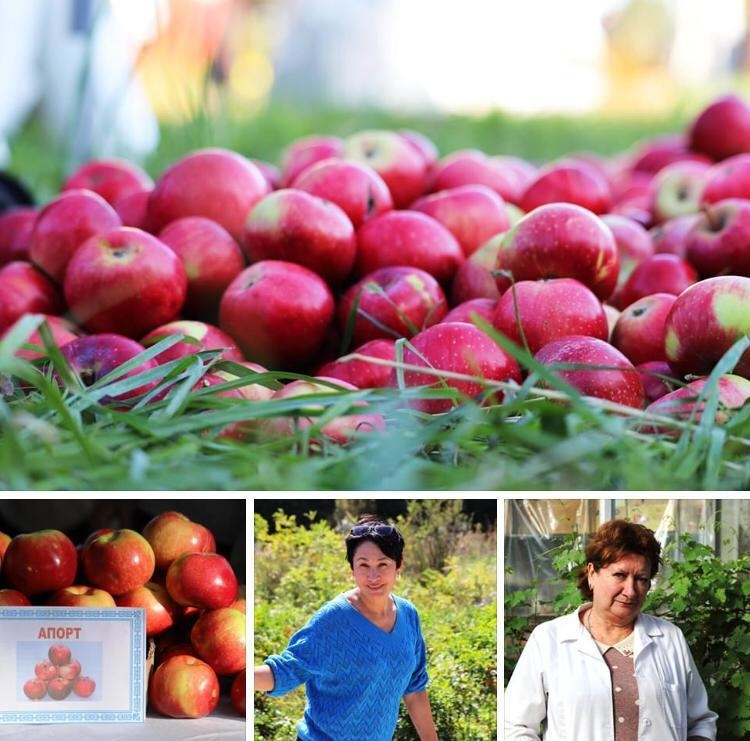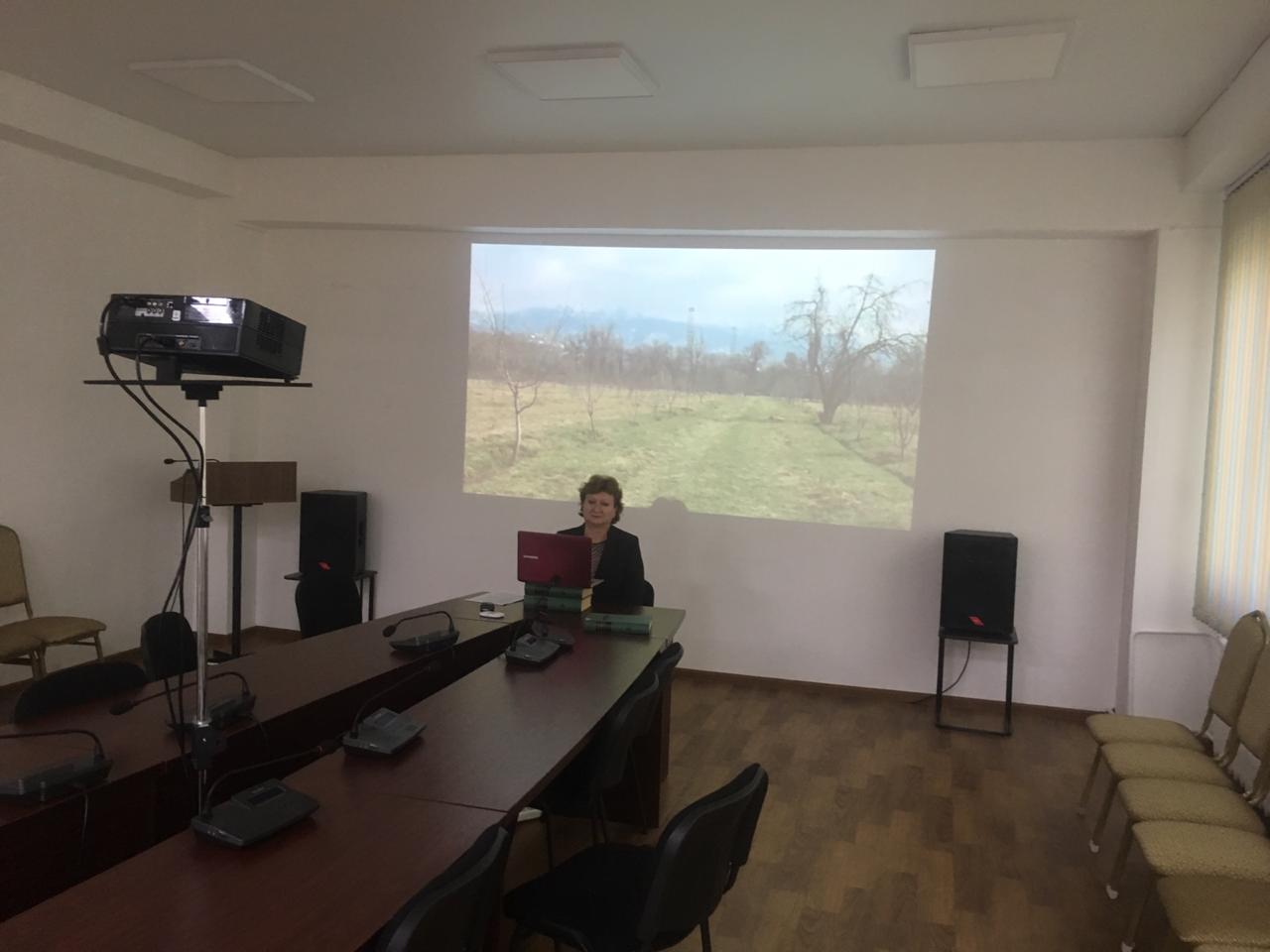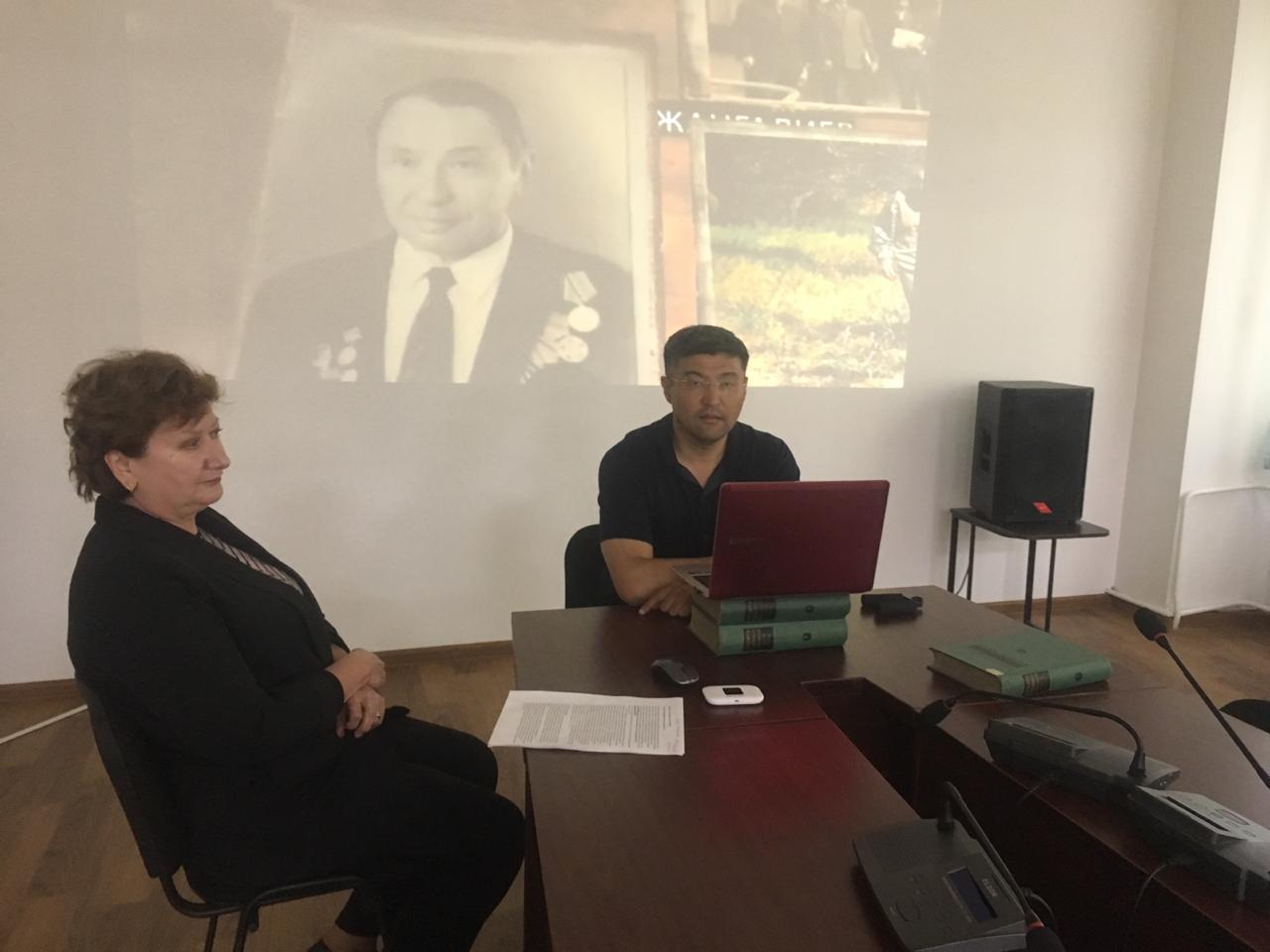
Scientists of Kazakh Research Institute for Fruit and Vegetable Growing conducted an on-line consultation on the topic: "What prevents the revival of the famous Almaty Aport." The speaker was Dolgikh Svetlana Georgievna, candidate of biological sciences, head of the laboratory for biotechnology of healing and reproduction.
Aport is a unique apple-tree variety that surpasses all other varieties in taste, unusual attractiveness, and fruit size. The glory of Aport has gone all over the world. He was recognized as the best apple in the world for unsurpassed taste and aroma and won gold medals at many prestigious international exhibitions. Recently, the area under Almaty Aport has sharply decreased, which is associated with a violation of its growing technology, placement in inappropriate climatic zones, aging of stands, replacement with more intensive varieties, accumulation of viral infection and uncontrolled propagation. Recently, negative changes are increasingly observed in terms of color, size, shape, keeping quality and quality of fruits, ripening time and yield, winter hardiness, and resistance to pests and diseases. Based on this, at the State level, the task is set to revive Aport and its former glory.

On line - consultation on the topic: “What prevents the revival of the famous Almaty Aport” aroused great interest among farmers-growers, amateur gardeners of the republic, who took an active part in discussing urgent problems on the history of Aport, the peculiarities of cultivating and growing Aport seedlings, laying gardens and issues of agricultural technology, plans for the revival of Aport.
Dolgikh S.G. answered all questions of the workshop participants and touched upon the history of growing Aport in the world and Kazakhstan, showed in a temporary aspect the stages of reduction in seedling production, from the last century to the present time.
The speaker talked about the well-known Aport clones cultivated in Kazakhstan, their biological features and shared information on the planned work on genotyping of the Alexander’s Aport and Aport clones with blood-red SNP method to create genetic passports. The audience was interested in the question of placing the Aport in areas of ecological optimum. Svetlana Georgievna told in detail about all the cultivation zones of Aport depending on the altitude and showed the dependence of the formation of high-quality Aport fruits grown in the plain-steppe zone, foothill zone, lower mountain zone and mid-mountain zone, identified an environmental optimum in height, moisture supply, and the sum of positive temperatures, soil and applied agricultural technology. The audience asked a question about the characteristics of the vegetation of Aport, storage and the best stocks for Aport.

The speaker spoke in detail about the features of vegetation from the beginning of bud blooming, flowering, the formation of ovaries in various fruit formations, the ripening and harvesting period, the biochemical composition of the fruits during harvesting and the optimal storage mode, which allows fruits to be stored for up to 8 months without compromising quality. The issue of producing stocks for Aport, the selection of seed trees of the Sievers apple tree through a molecular genetic study of the compatibility of scion-rootstock combinations is considered. A question was also voiced about the pests and diseases of Aport, and in general, what problems caused the degeneration of this famous variety. Dolgikh S.G. pointed out the main reasons that led to the current situation, and this, first of all, the placement of Aport gardens in an unfavorable zone, the random propagation of Aport, high viral infection and a violation of agricultural technology. The speaker spoke about scientific projects carried out in cooperation with Kazakh Research Institute of Agriculture and Plant Growing since 2012 with the guidance of Professor Isin M.M., Doctor of Biological Sciences, which included the selection of the best forms of Aport, their improvement in tissue culture, and the selection of molecular sieves apple tree genetic method. As a result of the implementation of this project, Aport seedlings were grown on 11 selected Sievers forms, in 2015 an experimental garden was established in which scientific research is carried out to realize the biological potential of Aport in order to breed out the best combinations.

On the question: What are your plans for the future for the revival of the famous variety? The following tasks are planned:
1. An inventory of the free lands of the Aport’s ecological optimum in the lower mountain zone at an altitude of 900–950 to 1200–1300 m above sea level in southeastern Kazakhstan using geoinformation analysis, systematization, creation of a database of relevant descriptors.
2. Creation of a mother garden garden of selected forms of Aport, with genotyping and creation of general passports of Aport Alexander (Almaty) and Aport blood-red.
3. Creation of the mother-and-seed garden of the Sievers apple tree for growing stock material for Aport.


